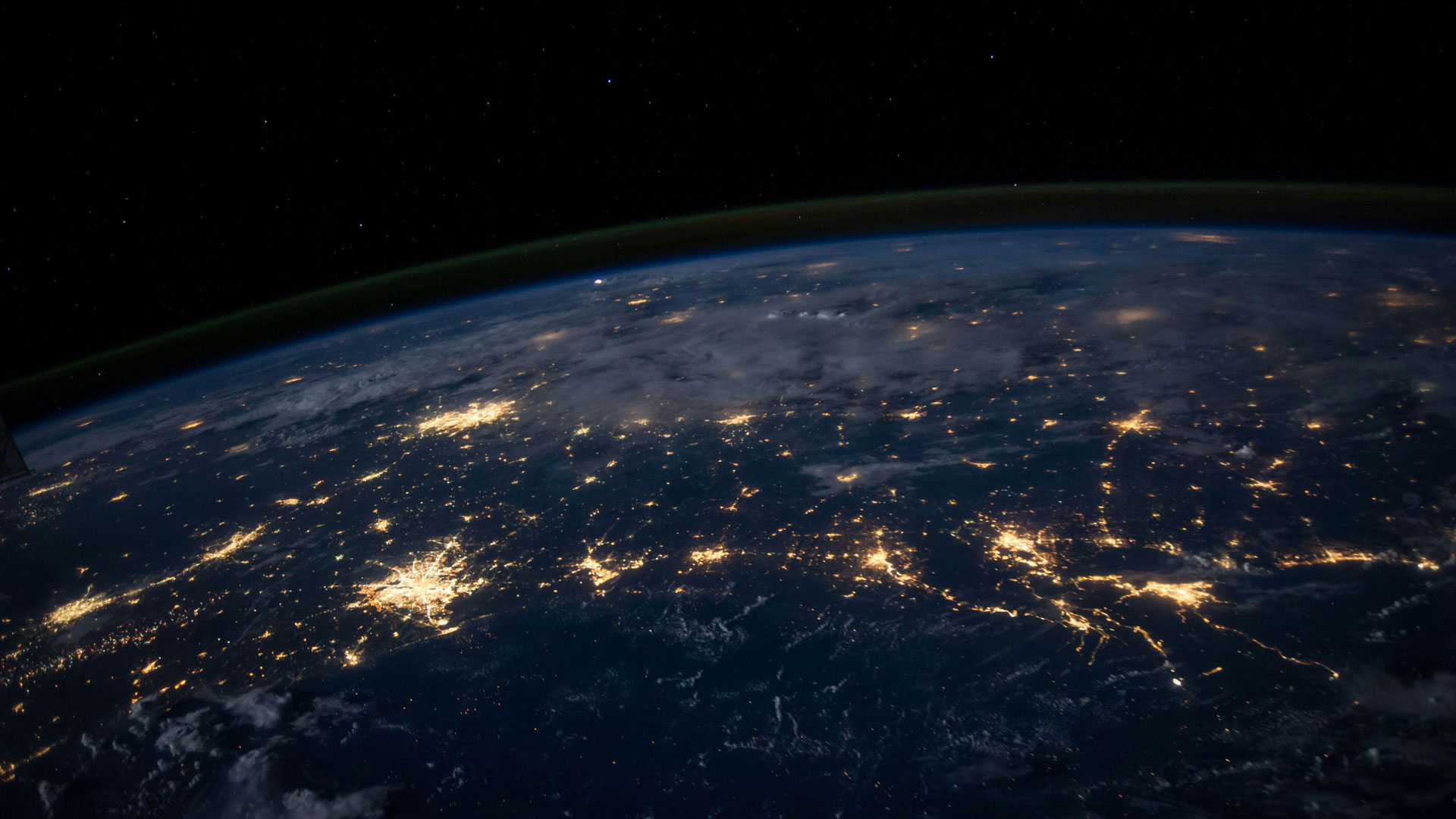Celebrity CEOs such as Telsa co-founder Elon Musk owe their celebrity to four media narratives which can benefit their companies but also trap them if business conditions change. Those narratives – creator, transformer, rebel or savior – are tropes through which the media elevates CEOs to fame.
Tim Pollock, distinguished professor of entrepreneurship at the University of Tennessee, Knoxville’s Haslam College of Business, recently published “The Shackles of CEO Celebrity: Sociocognitive and Behavioral Role Constraints on ‘Star’ Leaders” in the Academy of Management Review. The paper contends that just as every detail of celebrity athletes and actors’ lives are publicized, these CEOs become household names because of the public’s desire to live vicariously through them. The research is Pollock’s first signed as the Haslam Chair in Business after joining the college from Pennsylvania State University.
Pollock says Elon Musk is a good example of a celebrity CEO, as defined in his research.
“With Tesla and SpaceX, he’s taking on these audacious goals and doing things everybody says you can’t,” Pollock says. “He’s become a celebrity for it, but they have yet to make money. They have produced some interesting technology, but it’s still all about the promise of where it’s going.”
This type of celebrity generates attention and resources for CEOs and their companies, but may also limit their ability to grow as conditions change. Celebrity CEOs are likely to repeat behaviors that made them famous in the first place, and even increase the intensity of those behaviors over time.
“These CEOs become celebrities because they are doing things differently than everybody else,” Pollock says. “They either under-conform and do what no one else is doing, or they are exemplars and the epitome of what is good. The problem is that the line shifts. What seems out-of-bounds and abnormal can become more normal over time. Others may start to do it as well, and the CEO’s behaviors might become more extreme to continue standing out. Then the behavior can go from being a good to a bad thing.”
The four archetypes of celebrity CEOs defined by Pollock and his co-authors are:
- Creators, who start new and innovative enterprises, such as Bill Gates of Microsoft, Jeff Bezos of Amazon and Howard Schultz of Starbucks.
- Transformers, who redefine existing companies’ roles in the world, such as Jack Welch of GE and Indra Nooyi of PepsiCo.
- Rebels, who defy conventional norms, such as John Legere of T-Mobile and Tony Hsieh of Zappos.
- Saviors, who pull companies back from the brink of failure, such as Lee Iacocca of Chrysler and Lou Gerstner of IBM.
“Celebrity CEOs become stars that are cast by the media as protagonists in these different dramas,” Pollock says. “That creates value for their companies because they possess this celebrity, which is an intangible asset.”
“The Shackles of CEO Celebrity: Sociocognitive and Behavioral Role Constraints on ‘Star’ Leaders” was published in 2018 in the Academy of Management Review and co-authored by Jeffrey B. Lovelace of the University of Virginia, Jonathan Bundy of Arizona State University and Donald Hambrick of Pennsylvania State University. More information is available from the Academy of Management Insights.
Related News
Munyon Named Head of UT Haslam Department of Management and Entrepreneurship
Tim Munyon assumes the leadership role with the departure of Russell Crook.
Read ArticleUT Haslam Welcomes New Finance Department Head, Celebrates Past Leadership
Andy Puckett takes over from Tracie Woidtke, who served in the role for almost a decade.
Read ArticleAccelerating Ideas to Launch: 2025 Startup Studio Cohort
The program helps students and recent alumni launch their business.
Read ArticleBreaking New Ground: UT Haslam’s Inaugural Online BSBA Grad Praises Program’s Impact
Saba Toski gained more than academic knowledge in the program.
Read Article
